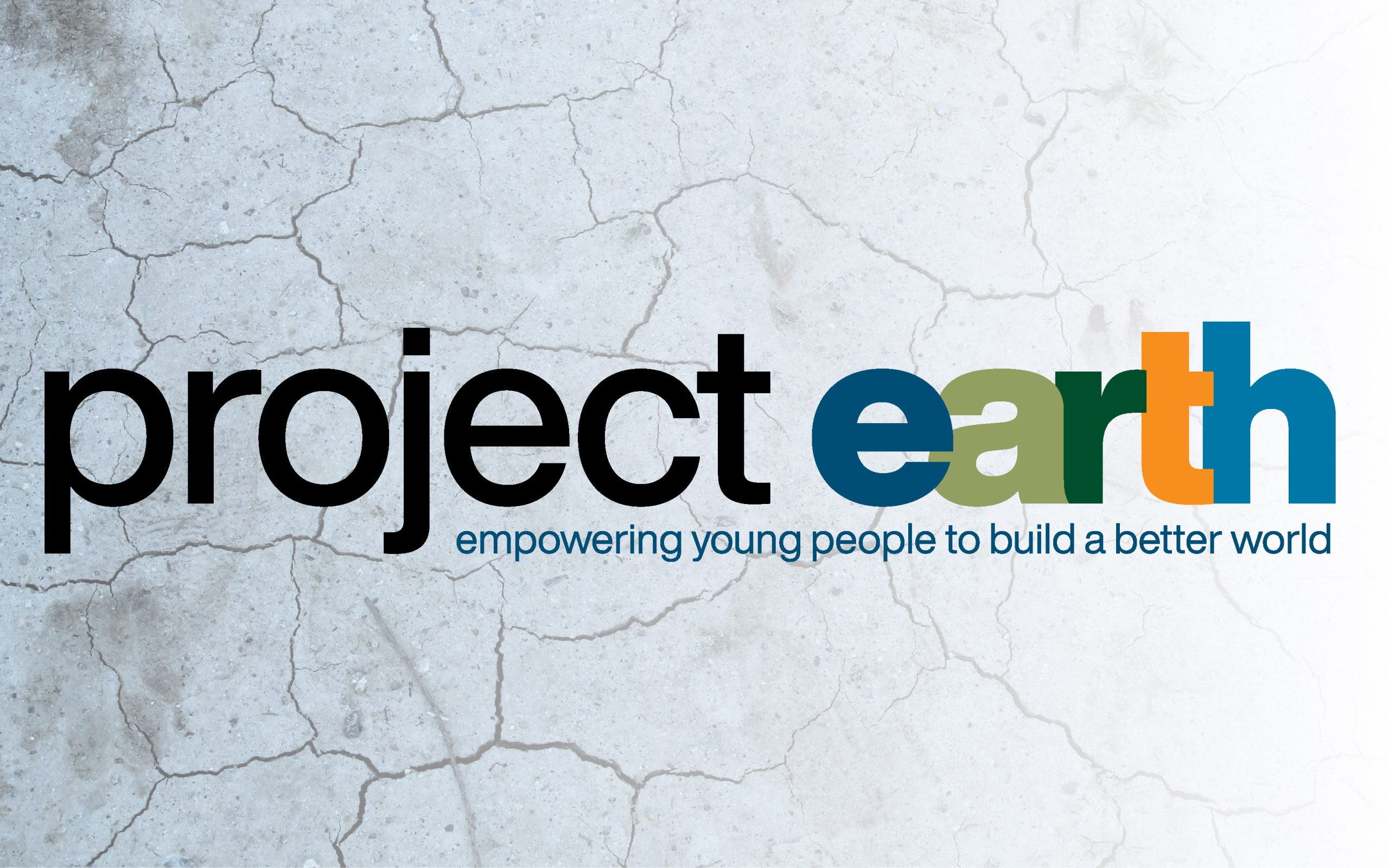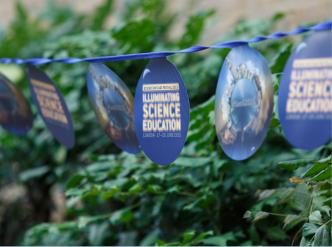
Sandy beaches: connecting land, ocean, and humans
Every tide tells a story. Discover how waves, shells, and even litter reveal clues about marine life and our shared connection with nature.

Article of the week
Data has become a powerful tool in our lives, helping us understand the world beyond biases and misinformation. But without engaging communication, this wealth of information and its analysis often goes untapped. Enter data physicalization – the ultimate approach that transforms data into…
Read more
Every tide tells a story. Discover how waves, shells, and even litter reveal clues about marine life and our shared connection with nature.

Students worldwide can win a life-changing opportunity to work at a real particle accelerator such as CERN, DESY or ELSA.

Project Earth supports students to innovate for the planet with expert advisors and ‘Pitch for the Planet'. Take part!
We cover a wide range of scientific topics and many articles are additionally available as translations in different European languages.

Explore cutting-edge science and real-world applications.

Discover projects, people, and resources.

Find ideas and teaching materials for classroom activities.
Articles from previous issues

Act now for the Sustainable Development Goals: explore resources developed by European teachers bring the science of sustainability into the classroom.

A packed schedule brought teachers from across Europe and Canada to share ideas, best practice and a lot of…

To make the two-dimensional images that we see in print and on screen appear more real, we can hijack our brains to create the illusion of a third…
Discover free events and activities offered by the EIROforum members and other non-profit groups.

July 8th- 10th, St Pauls School, London I hope you have enjoyed the microscale chemistry articles that Adrian Allan and I presented in issues, 53, 54,57, 60, 65, and 69. If you are teaching chemistry do have a look at them. Other authors have also submitted ideas in issues 16 and 39. It is a…
Do you have an engaging classroom activity to share with other teachers? Is there an interesting scientific topic that you could explain to STEM teachers and their students? We welcome submissions from teachers and scientists.
Would you like to help ensure that our content is interesting, inspiring and useful to STEM teachers? Consider joining the Science in School teacher reviewer panel. There is no obligation; just send us an email to express your interest.
If you find an article interesting or useful, perhaps you'd consider translating it into your native language? This really helps to increase the reach of our content so that as many teachers as possible can benefit from it.